#slavery/
Explore tagged Tumblr posts
Text
Not socialist in a “I won’t have to work” type of way but socialist in a “I’ll still be working but I won’t be worried I won’t make the rent” type of way. In a “billions won’t be hoarded by one person” type of way. In a “janitors, fast-food workers, child care workers, preschool teachers, hotel clerks, personal care and home health aides, and grocery store cashiers, will live comfortably” type of way. In a “the sick and elderly will be cared for” type of way. In a “no child should work” type of way.
#socialist#socialism#communism#anti capitalism#the belief that we won’t work under capitalism genuinely makes me so mad#like#you realize the goal of social reform is to abolish imperialism right?#there won’t be good just showing up out of nowhere without slavery and/or imperialism
126K notes
·
View notes
Text
"The shift from the Afro-Caribbean zombie to the U.S. zombie is clear: in Caribbean folklore, people are scared of becoming zombies, whereas in U.S. narratives people are scared of zombies. This shift is significant because it maps the movement from the zombie as victim (Caribbean) to the zombie as an aggressive and terrifying monster who consumes human flesh (U.S.). In Haitian folklore, for instance, zombies do not physically threaten people; rather, the threat comes from the voduon practice whereby the sorcerer (master) subjugates the individual by robbing the victim of free will, language and cognition. The zombie is enslaved."
— Justin D. Edwards, "Mapping Tropical Gothic in the Americas" in Tropical Gothic in Literature and Culture.
Follow Diary of a Philosopher for more quotes!
24K notes
·
View notes
Text

And who enforces this? Is it just a few bad apples, or is it all cops?
How hard is it for them to find cops willing to enforce this? Do they have to sift through hundreds of heroic cops who refuse until they find the one cop who's monstrous enough to enforce this, or do they easily find cops willing to enforce this because monstrous cops are everywhere and being a monster is part of the job?
"All cops are bad" is not a stereotype. It's literally a requirement for the job that every single one knew about.
29K notes
·
View notes
Text
On the road leading into the center of Concord, Massachusetts, there sits a house.

It is a plain, colonial-style house, of which there are many along this road. It has sea green and buff paint, a historical plaque, and one of the most multi-layered stories I have ever encountered to showcase that history is continuous, complicated, and most importantly, fragmentary, unless you know where to look.
So, where to start? The plaque.
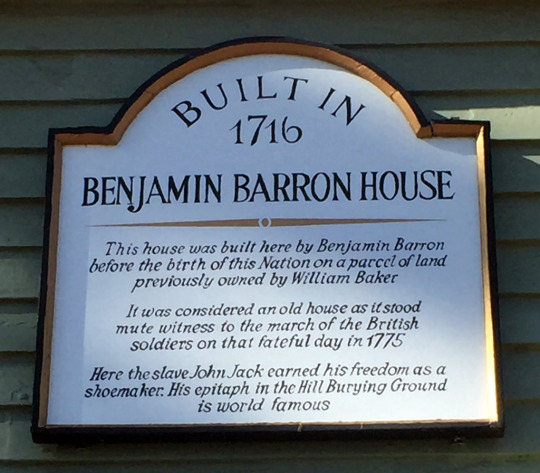
There's some usual information here: Benjamin Barron built the house in 1716, and years later it was a "witness house" to the start of the American Revolution. And then, something unusual: a note about an enslaved man named John Jack whose epitaph is "world famous."
Where is this epitaph? Right around the corner in the town center.
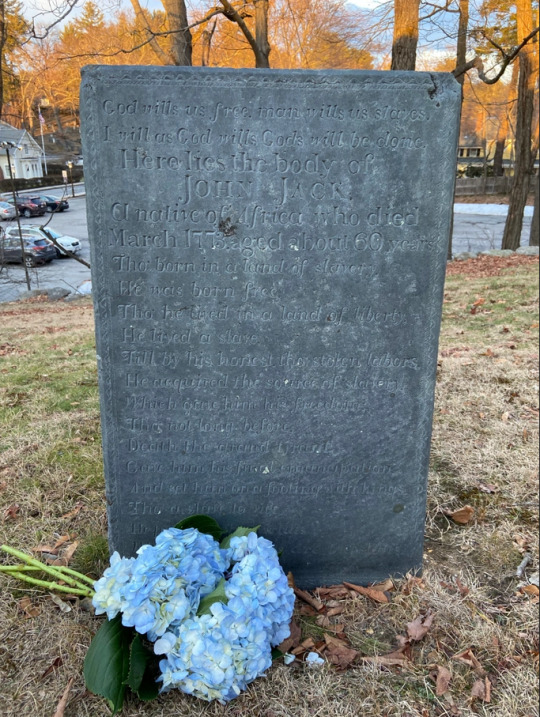
It reads:
God wills us free; man wills us slaves. I will as God wills; God’s will be done. Here lies the body of JOHN JACK a native of Africa who died March 1773 aged about 60 years Tho’ born in a land of slavery, He was born free. Tho’ he lived in a land of liberty, He lived a slave. Till by his honest, tho’ stolen labors, He acquired the source of slavery, Which gave him his freedom; Tho’ not long before Death, the grand tyrant Gave him his final emancipation, And set him on a footing with kings. Tho’ a slave to vice, He practised those virtues Without which kings are but slaves.
We don't know precisely when the man first known only as Jack was purchased by Benjamin Barron. We do know that he, along with an enslaved woman named Violet, were listed in Barron's estate upon his death in 1754. Assuming his gravestone is accurate, at that time Jack would have been about 40 and had apparently learned the shoemaking trade from his enslaver. With his "honest, though stolen labors" he was then able to earn enough money to eventually purchase his freedom from the remaining Barron family and change his name to John, keeping Jack as a last name rather than using his enslaver's.
John Jack died, poor but free, in 1773, just two years before the Revolutionary War started. Presumably as part of setting up his own estate, he became a client of local lawyer Daniel Bliss, brother-in-law to the minister, William Emerson. Bliss and Emerson were in a massive family feud that spilled into the rest of the town, as Bliss was notoriously loyal to the crown, eventually letting British soldiers stay in his home and giving them information about Patriot activities.
Daniel Bliss also had abolitionist leanings. And after hearing John's story, he was angry.
Here was a man who had been kidnapped from his home country, dragged across the ocean, and treated as an animal for decades. Countless others were being brutalized in the same way, in the same town that claimed to love liberty and freedom. Reverend Emerson railed against the British government from the pulpit, and he himself was an enslaver.
It wouldn't do. John Jack deserved so much more. So, when he died, Bliss personally paid for a large gravestone and wrote its epitaph to blast the town's hypocrisy from the top of Burial Hill. When the British soldiers trudged through the cemetery on April 19th, 1775, they were so struck that they wrote the words down and published them in the British newspapers, and that hypocrisy passed around Europe as well. And the stone is still there today.

You know whose stone doesn't survive in the burial ground?
Benjamin Barron's.
Or any of his family that I know of. Which is absolutely astonishing, because this story is about to get even more complicated.
Benjamin Barron was a middle-class shoemaker in a suburb that wouldn't become famous until decades after his death. He lived a simple life only made possible by chattel slavery, and he will never show up in a U.S. history textbook.
But he had a wife, and a family. His widow, Betty Barron, from whom John purchased his freedom, whose name does not appear on her home's plaque or anywhere else in town, does appear either by name or in passing in every single one of those textbooks.
Terrible colonial spelling of all names in their marriage record aside, you may have heard her maiden name before:

Betty Parris was born into a slaveholding family in 1683, in a time when it was fairly common for not only Black, but also Indigenous people to be enslaved. It was also a time of war, religious extremism, and severe paranoia in a pre-scientific frontier. And so it was that at the age of nine, Betty pointed a finger at the Arawak woman enslaved in her Salem home, named Titibe, and accused her of witchcraft.
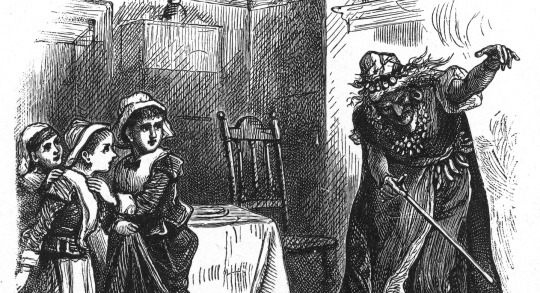
Yes, that Betty Parris.
Her accusations may have started the Salem Witch trials, but unlike her peers, she did not stay in the action for long. As a minor, she was not allowed to testify at court, and as the minister's daughter, she was too high-profile to be allowed near the courtroom circus. Betty's parents sent her to live with relatives during the proceedings, at which point her "bewitchment" was cured, though we're still unsure if she had psychosomatic problems solved by being away from stress, if she stopped because the public stopped listening, or if she stopped because she no longer had adults prompting her.
Following the witch hysteria, the Parrises moved several times as her infamous father struggled to hold down a job and deal with his family's reputation. Eventually they landed in Concord, where Betty met Benjamin and married him at the age of 26, presumably having had no more encounters with Satan in the preceding seventeen years. She lived an undocumented life and died, obscure and forgotten, in 1760, just five years before the Stamp Act crisis plunged America into a revolution, a living bridge between the old world and the new.
I often wonder how much Betty's story followed her throughout her life. People must have talked. Did they whisper in the town square, "Do you know what she did when she was a girl?" Did John Jack hear the stories of how she had previously treated the enslaved people in her life? Did that hasten his desperation to get out? And what of Daniel Bliss; did he know this history as well, seeing the double indignity of it all? Did he stop and think about how much in the world had changed in less than a century since his neighbor was born?
We'll never know.
All that's left is a gravestone, and a house with an insufficient plaque.
7K notes
·
View notes
Text
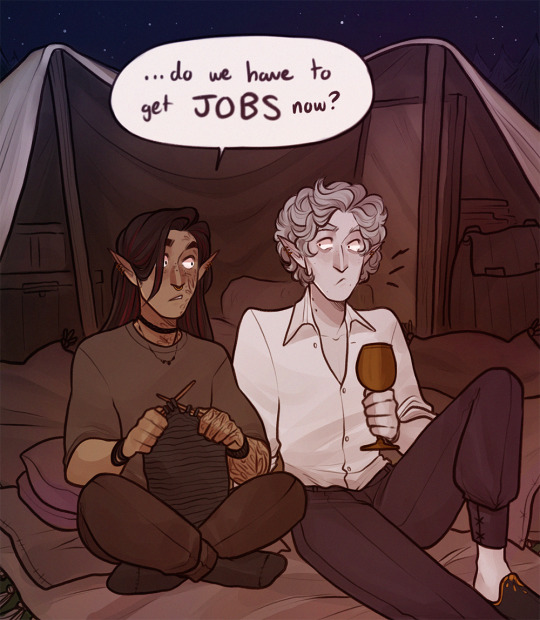
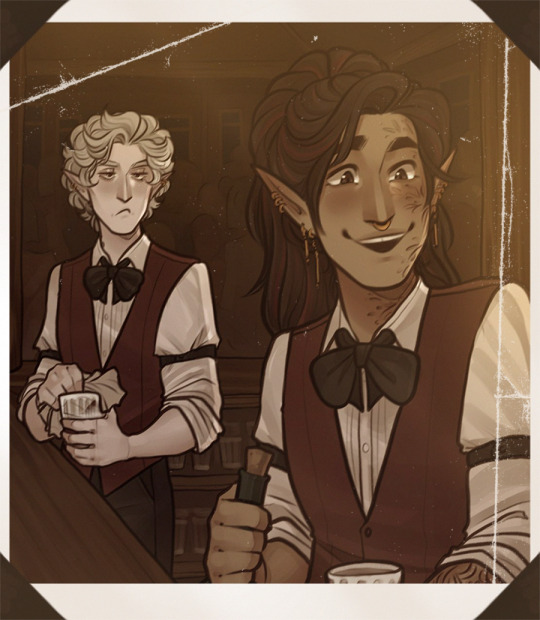

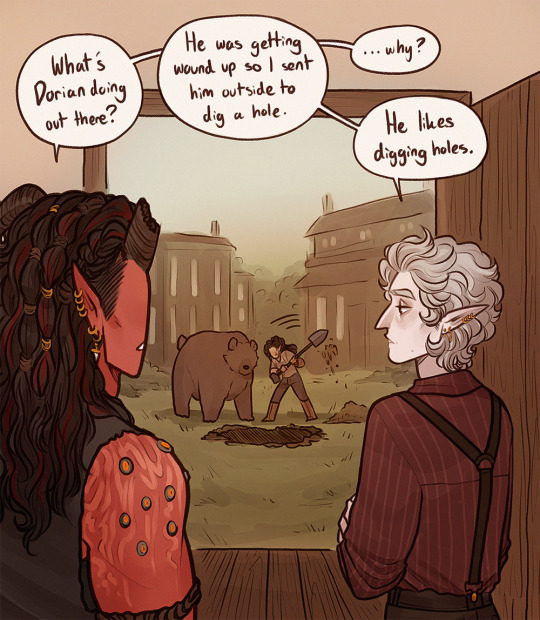
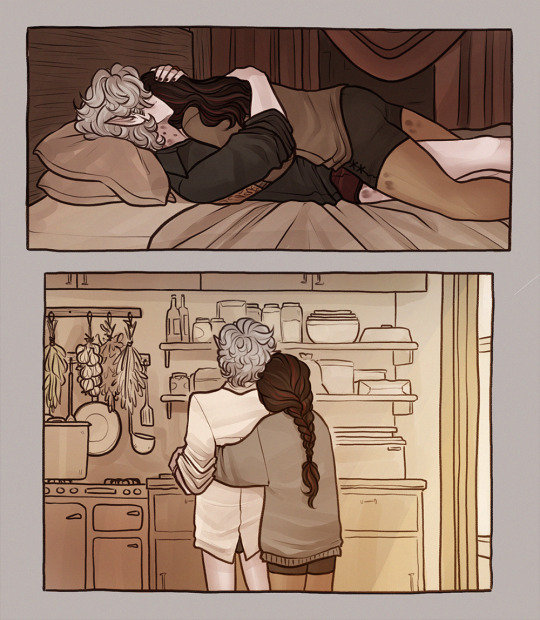
domesticating your vampire: a memoir
(beautiful high res version on patre0n)
#bg3#baldur's gate 3#astarion#tavstarion#KARLACH#i nearly forgot her#when you just escaped vampire slavery but now you have to save for a down payment#i can't stress how important it is to me that astarion has a birthday#i don't know why#also sex is fine but have you ever had someone wash your hair for you. there is nothing more intimate#i'm devastated that i had to desaturate the polaroid because the lighting was so pretty
21K notes
·
View notes
Text

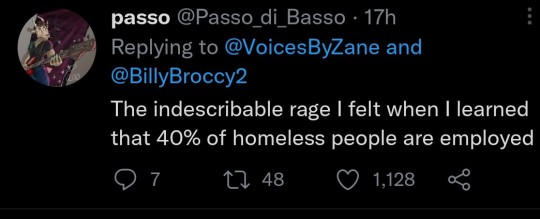

80K notes
·
View notes
Text
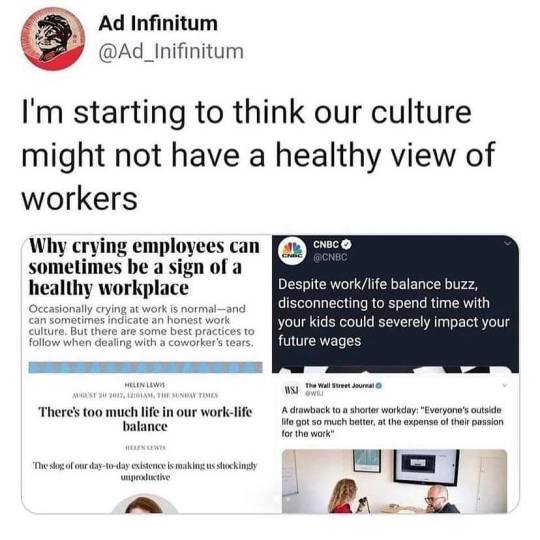
37K notes
·
View notes
Photo




Many of us are taught that slavery came to an end with the Emancipation Proclamation in 1863, but for enslaved people in Texas, freedom didn’t come until June 19, 1865.
Swipe to learn about the history of Juneteenth, and why it’s a celebration of freedom, culture, and progress.
#juneteenth#history#american history#black history#black culture#emancipation proclamation#13th amendment#slavery#galveston texas#texas#freedom#freedom day#emancipation#independence day#happy juneteenth
6K notes
·
View notes
Text
Something I've skirted around before and want to make clear this October (Dwarfism Awareness Month) is that we were slaves.
We were court dwarfs, freak show oddities, and circus performers. We were owned and sold and stollen by able bodied people for the purpose of entertainment, public display, personal property and even fashion. We were raped, beaten, starved, and abused. That was our reality until the 1970s.
And that is why the lingering hateful culture hurts so much. Why making a mockery of bodies like mine holds so much pain.
4K notes
·
View notes
Text
Nothing in the US is going to get better until we abolish slavery for real. Ubiquitously, with no exceptions. Protecting the rights of prisoners actively protects every person in the country.
If the laws allow for any class of people to be stripped of their rights, then any person could be stripped of their rights. And the State has an active incentive to criminalize its critics (like Briana Boston, who was arrested for terrorism despite never having committed a crime.)
As long as criminality is an excuse to strip anyone of their rights, none of us are safe.
2K notes
·
View notes
Text

—Did you know that Juneteenth is also celebrated in a part of Mexico? Nacimiento Mexico was once home to thousands who escaped slavery in the US. As many as 10,000 slaves followed a clandestine Southern Underground Railroad to Mexico. —To date, many Black Mexicans from the Texas area retrace a portion of the same route their African American ancestors followed in 1850 when they escaped slavery. —Descendants of slaves who escaped across the southern border observe Texas’s emancipation holiday with their own unique traditions in the village of Nacimiento. —Slave hunters would patrol the southern border for escapees, led by the Texas Rangers but the Mexican army would be there waiting for them (the slave hunters) to turn them away.
x
#juneteenth#mexico#nacimiento mexico#black mexicans#african american ancestors#slavery escape route#southern underground railroad#texas#emancipation holiday#unique traditions#slave hunters#texas rangers#mexican army
7K notes
·
View notes
Text
spare thought for the enslaved shepherds in greek mythology/tragedy who rescue the exposed doom babies... sometimes they know why the baby was left to die, sometimes they don't. they just — it's a baby. no one else wants it. you can't leave it here. what harm could it do. it's a baby. you want it to live. it's a baby
#spent a little too much time with my baby nieces this week perhaps. idk#i was thinking about agelaos but also the shepherd who jocasta gave baby oedipus to#who did know the parent-killing prophecy! and passed the baby onto another shepherd! and both of them recognize him as a grown man and#ahhh. everyone is so cruel to them but for a moment they're just happy to see him#hurts me. hurts my feelings.#anna.txt#slavery tw /#agelaos#paris#phorbas#oedipus
4K notes
·
View notes
Text
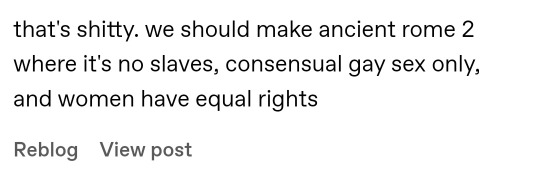
im not sure you know what ancient rome is
7K notes
·
View notes
Text
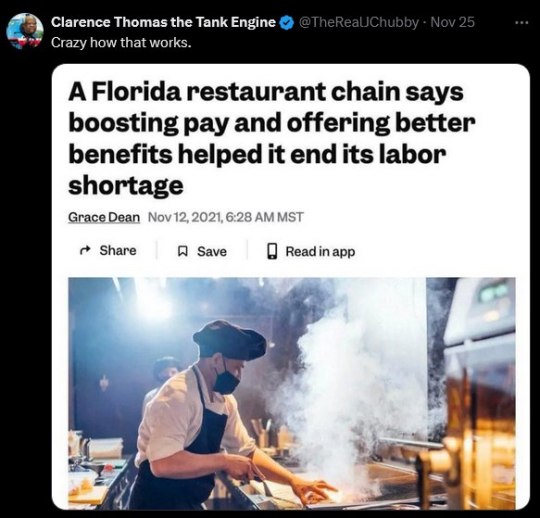
Hmmmm I wonder if there's a connection here.....
#Hmmmm I wonder if ther's a connection here.....#poverty#slavery#chattel slavery#extortion#exploitation#exploitative#ausgov#politas#australia#antiwork#anti slavery#fuck work#auspol#tasgov#taspol#fuck neoliberals#neoliberal capitalism#anthony albanese#albanese government#eat the rich#eat the fucking rich#antinazi#antizionist#antiauthoritarian#employment#employees#employers#homeless#class war
2K notes
·
View notes
Text
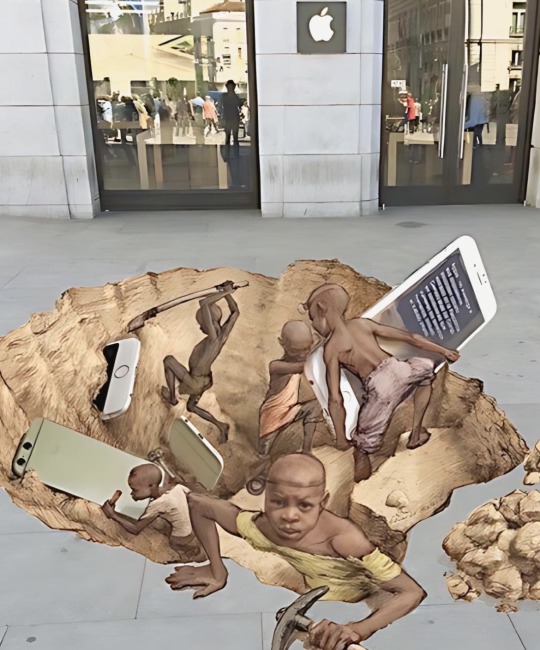
Congo is silently going through a silent genocide. Millions of people are being killed so that the western world can benefit from its natural resources.
More than 60% of the world's cobalt reserves are found in Congo, used in the production of smartphones.
Western countries are providing financial military aid to invade regions filled with reserves and in the process millions are getting killed and millions homeless.
Multinational mining companies are enslaving people especially children to mine.
•••
La República Democrática del Congo vive un genocidio silencioso. Millones de personas están siendo asesinadas para que la parte occidental del mundo pueda beneficiarse de sus recursos naturales.
Más del 60% de las reservas mundiales de cobalto se encuentran en el Congo, y se utiliza en la producción de teléfonos inteligentes.
Los países occidentales están proporcionando asistencia financiera militar para invadir regiones llenas de reservas y en el proceso millones de personas mueren y millones se quedan sin hogar.
Las empresas mineras multinacionales están esclavizando a la gente, especialmente a los niños, para trabajar en las minas.
Street Art and Photo by Artist Eduardo Relero
(https://eduardorelero.com)
#blacklivesmatter#blacklivesalwaysmatter#english#spanish#blackhistory#history#share#blackhistorymonth#blackpeoplematter#black history matters#black history 2023#black history is everybody's history#historyfacts#black history is world history#black history is american history#african history#black history#black history month#modern slavery#knowyourhistory#congo genocide#dr congo#blackbloggers#like#blackhistoryyear#follow#cobalt#blackownedandoperated#culture#art
11K notes
·
View notes
Text
something something devils minion works in general but especially in the show because daniel is the only person who is uninterested in Armand, The Performance. Armand, who grew up a slave, who has spent his entire afterlife since shaping himself in whatever image will protect him best, who dons the demeanor that will ensure that he is Kept. Daniel, who couldn't care less about the act, who is disgusted by the deception for the simple fact that it is deception, one of the only beacons of truth in a show that is about distortion. who looks at Armand, The Person, in all his awfulness and cruelty and monstrous vulnerability, and says i knew it, there you fucking are. and he does this after having been on the wrong side of armands real self more than once. there can be no more pretense between them. its just that daniel loves him anyway. this is because daniel, too, is a nasty little freak--
2K notes
·
View notes